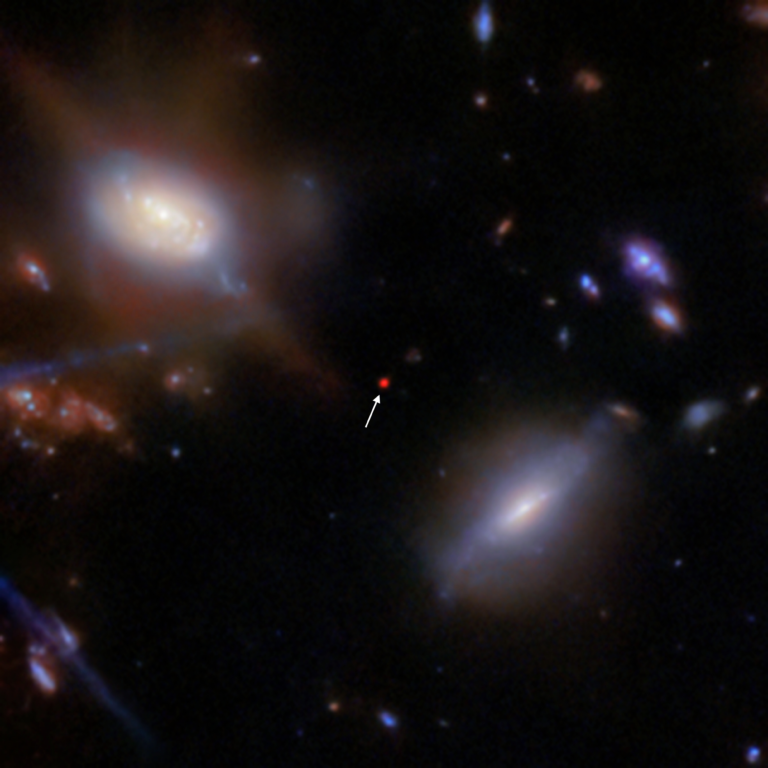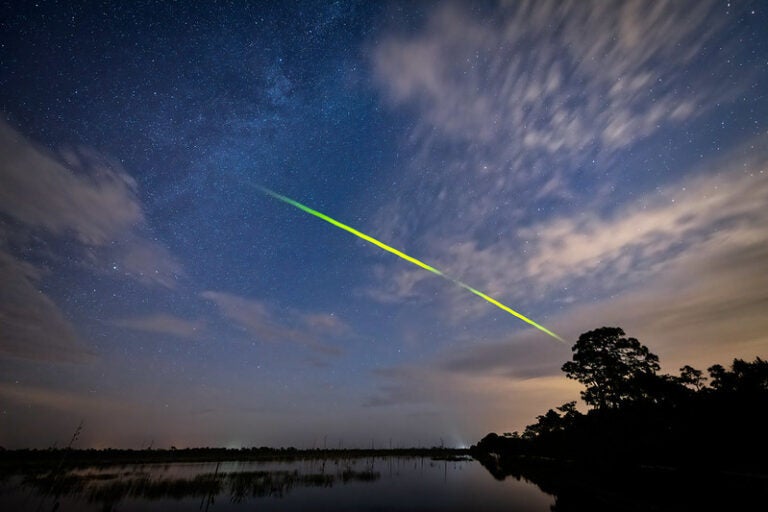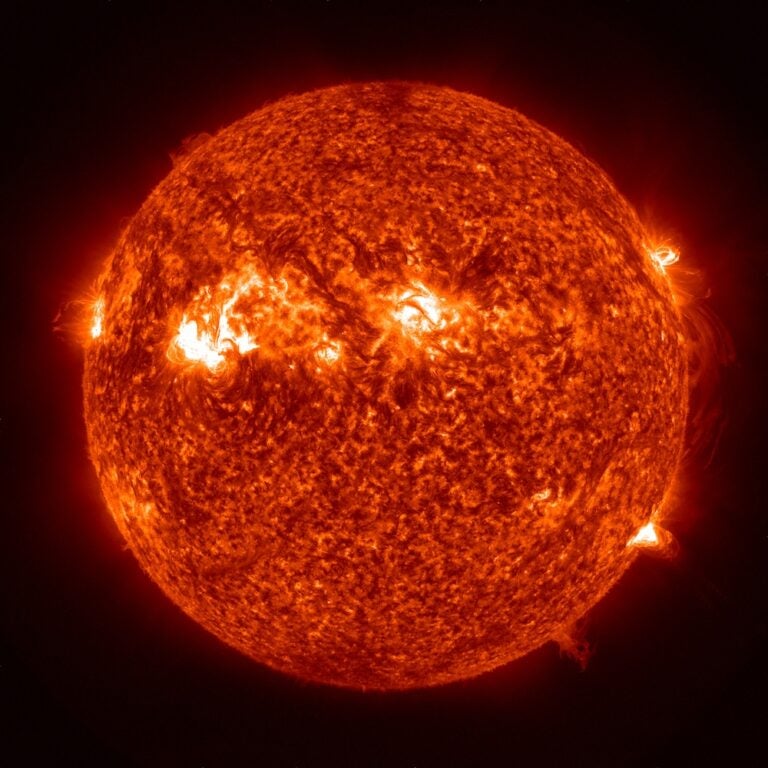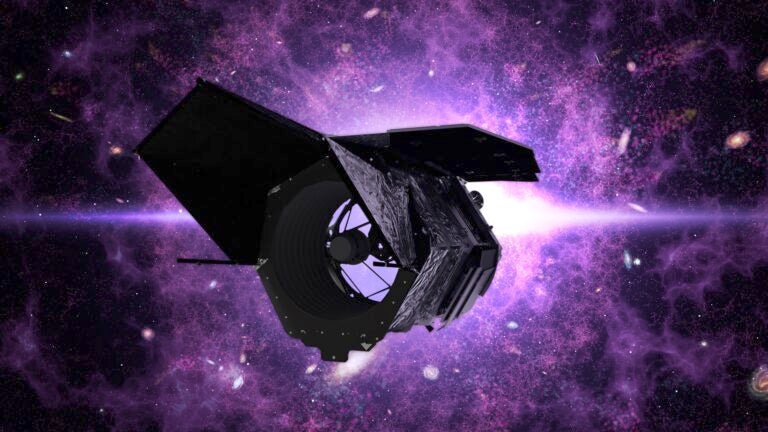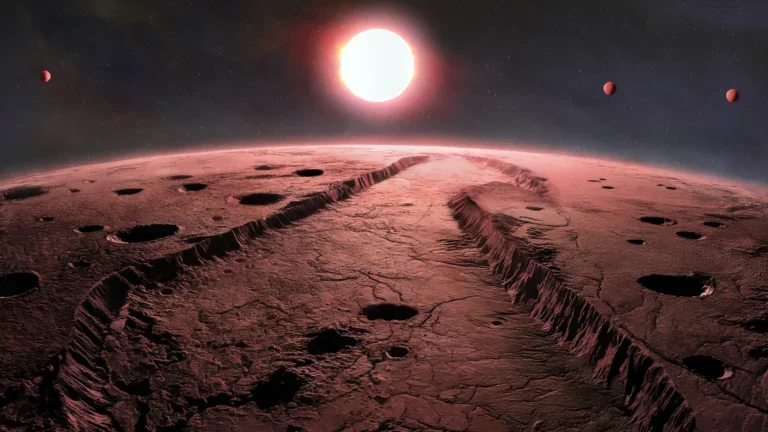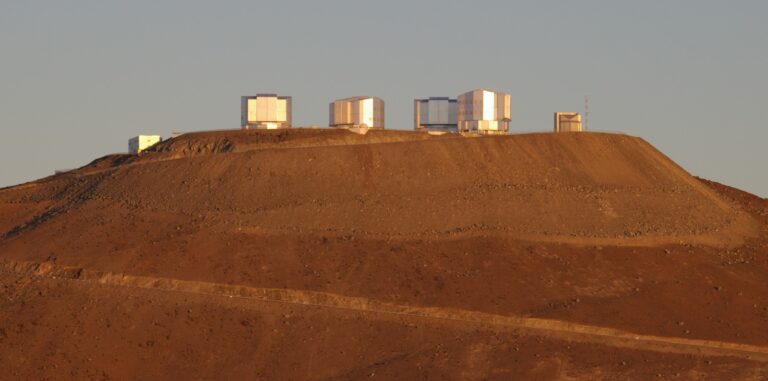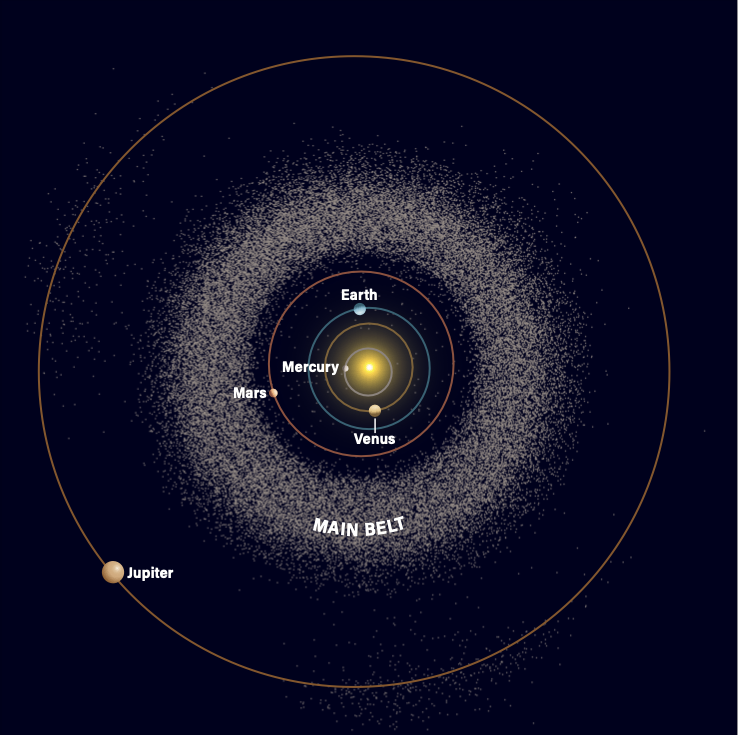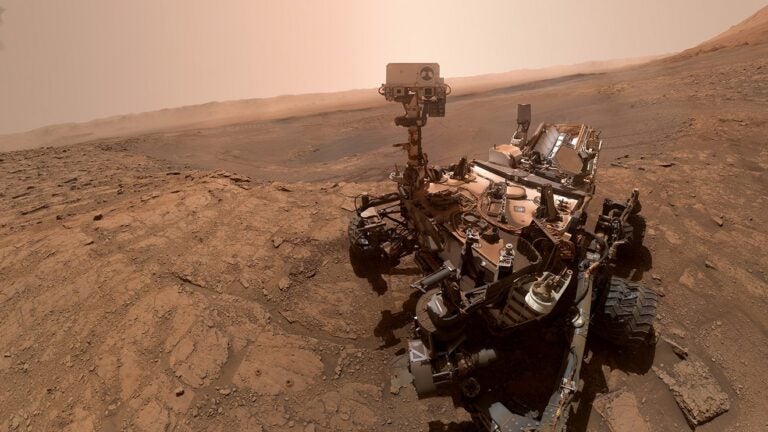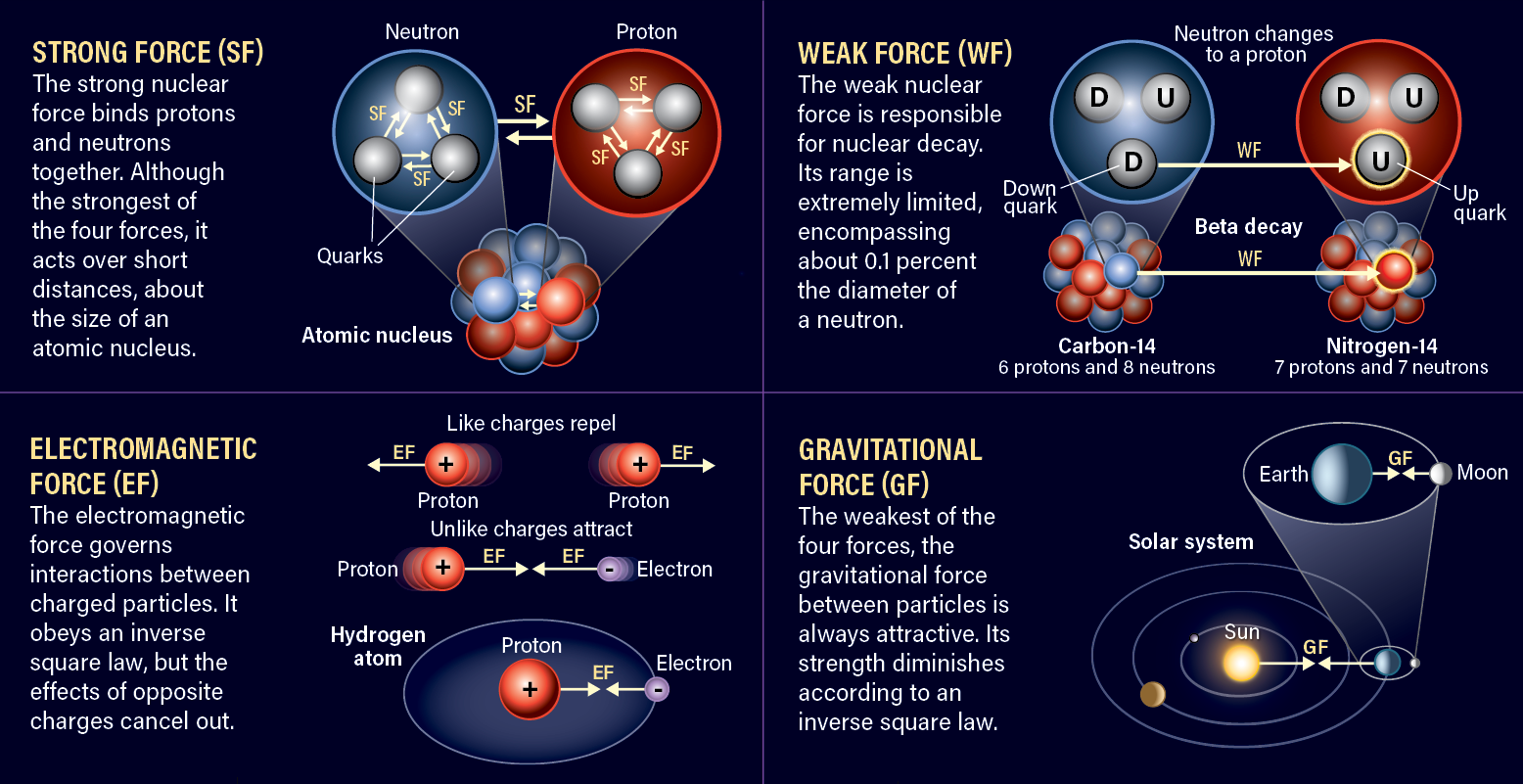
If gravity is the weakest of the four fundamental forces, how can the Sun’s gravity affect distant and low-mass objects such as those in the Kuiper Belt and Oort Cloud?
Neal Attinson
Sonoma, California
It is true that gravity is weakest among the fundamental forces. However, the effect of gravity can be felt even at arbitrarily large distances for two reasons. The first is a consequence of the inverse square nature of the gravitational interaction, meaning the force of gravity diminishes with 1/R2, where R is the distance between two objects. But we must consider this alongside gravity’s flux, which is defined as the number of force field lines (which relates to its strength) crossing a surface area.
Let’s think of an imaginary sphere with the Sun at the center. The surface area of the sphere increases as the square of the distance from the Sun where the sphere is drawn. So, while the gravitational force is inversely proportional to the square of the distance from the Sun, its flux — which is a product of this force and the surface area — remains constant no matter how large one imagines the sphere because the distance terms cancel out. This constant flux is the reason for the long-range effect felt at arbitrarily large distances.
This is not true in the case of, say, the strong nuclear force, which is several orders of magnitude stronger but whose influence falls sharply compared to the inverse square and so does not have a constant flux. Hence, it is short ranged, limited to the length scales of atomic nuclei.
The second part of the answer is that gravity cannot be screened. Think about how we can draw window shades if it’s too bright outside, or how the metal mesh on your kitchen microwave door keeps the microwaves inside. We cannot do something like that to block gravity. Therefore, intervening matter between the Sun and distant objects doesn’t lessen the effect of our star’s gravity.
Since the Sun is the most massive body in our solar system, its gravitational field is predominant. Other massive objects in the Solar system also have gravitational effects, but these are much weaker than that of the Sun.
Deep Chatterjee
LIGO Research Scientist, MIT Kavli Institute for Astrophysics and Space Research, Cambridge, Massachusetts

